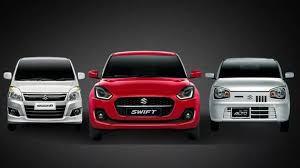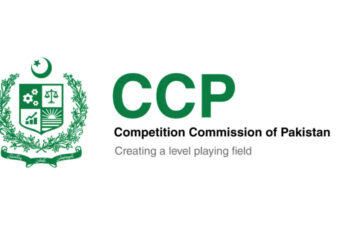ISLAMABAD: Despite spending millions of rupees on an Auto Parts Summit in the capital, the country’s auto industry has failed to convince the federal government to discourage the commercial import of five-year-old used cars.
Prime Minister’s Advisor on Industries and Production, Haroon Akhtar Khan, while offering assurances of full support to the local industry, emphasized that the sector must gear itself for exports. He was addressing the Auto Parts Summit, organized by the Pakistan Association of Automotive Parts and Accessories Manufacturers (PAAPAM) at Serena Hotel, Islamabad.
The summit was held at a time when the government is reportedly poised to approve the commercial import of five-year-old used vehicles, a move that the local auto parts industry has strongly opposed.
Haroon Akhtar noted that over 1,200 local auto parts manufacturers contribute nearly 3% to the GDP and create 2 million employment opportunities. He stressed the need for the local industry to become globally competitive by investing in advanced technology and research, envisioning a future where Pakistan becomes a regional auto hub in collaboration with the government.
Rana Ihsaan Afzal Khan, Coordinator to the Prime Minister on Commerce and Industry, also spoke at the event. He underscored the importance of greater trade openness, integration into global value chains, and reform of state-owned enterprises to improve governance, efficiency, and investor confidence. He added that a resilient economy is essential for national security, reaffirming the government’s commitment to economic stability and a sustainable growth trajectory.
Meanwhile, PAAPAM Chairman Usman Malik criticized the government’s policy inconsistency. He argued that while an environmentally friendly electric vehicle policy is being promoted, the import of used diesel and petrol cars contradicts that goal.
“Our policymakers are moving in the opposite direction. The commercial import of used cars will destroy the local auto parts manufacturing industry,” said Malik. He warned that the industry, which supplies 70% of parts for locally assembled cars and 90% of parts for motorcycles, faces existential risk. The import policy could jeopardize the livelihoods of 1.8 million workers, he added.
Usman Malik also highlighted that Pakistan’s local auto parts industry is already exporting $200 million worth of parts annually, manufactured according to international safety standards. He mentioned that Millat Tractors, a locally produced brand, is being exported to the USA, showing the potential of the local sector.
Former PAAPAM Chairman Aamir Allawala voiced concern over the current National Tariff Policy, warning that its peak tariff structure could reverse local value addition. “Assemblers may prefer to import parts at tariffs similar to locally produced ones, displacing domestic vendors overnight,” he cautioned.
He stressed the need for industry consultations while drafting the next Auto Industry Development and Export Policy (AIDEP 2026–2030). Allawala called for a tiered tariff structure benefiting raw material suppliers, auto parts manufacturers, and assemblers, while shielding the local ecosystem from sudden policy shocks, such as abrupt duty revisions or allowance of used car imports.
He urged policymakers to model Pakistan’s auto policy on successful examples like Thailand, which has developed one of Asia’s strongest vendor ecosystems through consistent, supportive policy frameworks.















